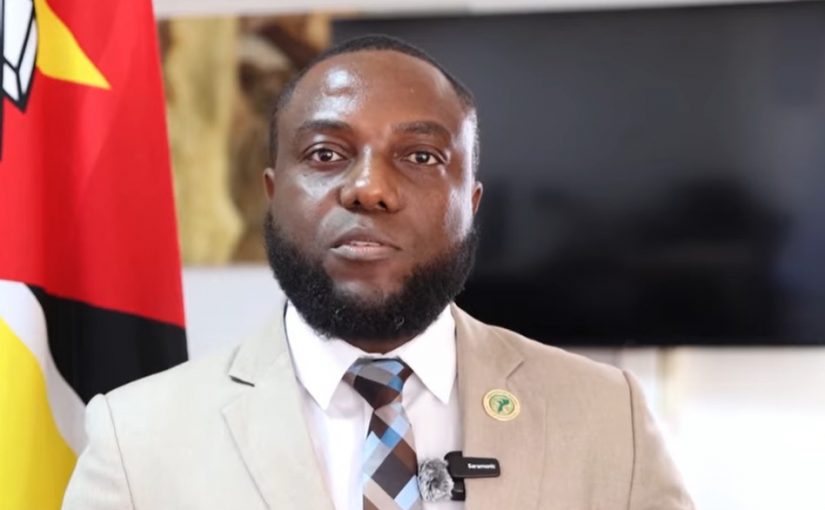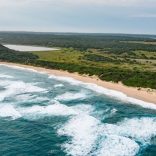Talks to open wildlife corridors between South Africa, Mozambique, and eSwatini ‘advanced’ - : ...
Mozambique: ‘Clear indications’ terrorists have left Niassa – ANAC | Watch

Screen grab; STV
The Mozambican authorities have said that there are “clear indications” that the armed groups that carried out the recent attacks in the Niassa Special Reserve, in the north of the country, have fled, despite acknowledging that a “challenging environment” still persists there.
“We still have a challenging environment, but we have clear indications that the insurgents are moving out of the reserve. This scenario brings a sign of hope and opens space for us to think about the future of the area after this period of tension,” said the director-general of the National Administration of Conservation Areas (ANAC), Pejulo Calenga, quoted by the press today.
The issue at hand is attacks in April in the Niassa Special Reserve (REN) by alleged rebels, which left two dead and two missing. The Islamic State however claims three deaths in an attack in that province through its propaganda channels.
According to the ANAC director, deaths were recorded during the attacks “both on the part of the inspection force and the Defence and Security Forces”, without specifying a number.
“This situation has negatively impacted the image of the Reserve and interrupted tourism activity, which is vital for the sustainability of conservation,” he said.
Calenga also explained that the situation in the reserve is monitored daily, “to ensure that, in the near future, we have the situation completely under control”.
Mozambican president Daniel Chapo admitted on Friday that the terrorists operating in Niassa reserve had been confronted by the armed forces and “disappeared” from the region.
“Our brothers [Defence and Security Forces] are on the ground repelling the terrorists in that region, and at this moment as we speak they have disappeared from the Niassa Reserve, with our forces still in pursuit,” President Chapo declared during the closing ceremony of a special operations course in the province.
The Mariri sport hunting camp, an area that covers eight districts and also includes the province of Cabo Delgado, was invaded by armed men on the afternoon of April 29, according to local reports. This was the second case of alleged terrorist activity in the REN, the first having been recorded on April 24.
On Monday, the Secretary of State for Land and Environment visited a REN ranger who was hospitalized in a health unit in Maputo, after being shot in the latest attack on the Niassa Special Reserve, and called on all rangers to show “readiness and fighting spirit” in protecting biodiversity.
In 2024 alone, at least 349 people died in attacks by Islamic extremist groups in Cabo Delgado – a Mozambican province that has been facing this insurgency since 2017 – an increase of 36% compared to the previous year, according to data recently released by the Africa Center for Strategic Studies, an academic institution of the US Department of Defense that analyses conflicts in Africa.












Leave a Reply
Be the First to Comment!
You must be logged in to post a comment.
You must be logged in to post a comment.